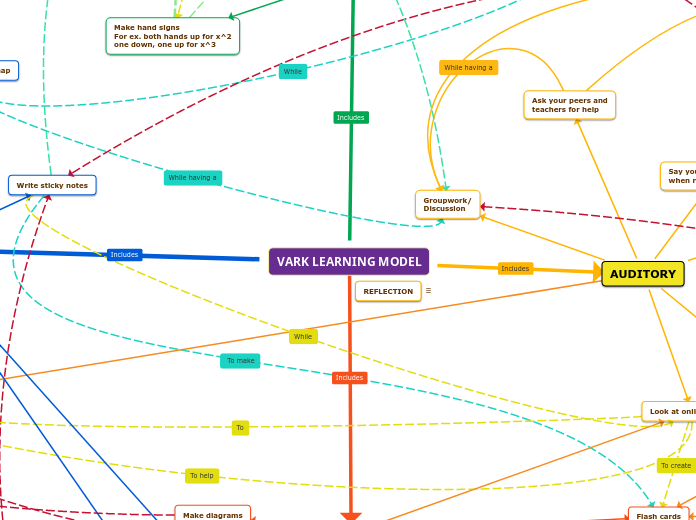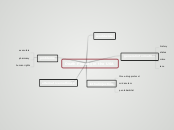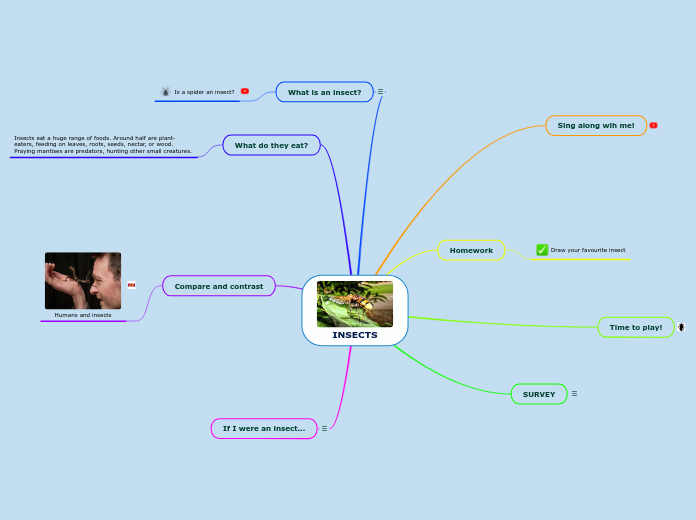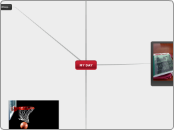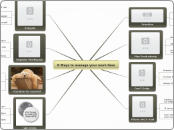REFLECTION
REFLECTION
Part 1:
The connection between attentively listening in class and asking your peers and teachers for help is what works best for me. There are other great methods in this map that work very well, such as: completing all your homework, looking through my notes, and looking at online videos. These methods make it very easy to understand concepts that may seem difficult to grasp at first. I like to just listen to the lesson in class and write notes that I feel are necessary to remember when reviewing while the teacher is not talking. I learn best when I’m in the classroom, as at home I get very easily distracted so I like to do the hard work at school and the easy part such as reviewing or doing homework at home.
Part 2:
The map is laid out so that each section of the model has its own colour. The very outer lines (big petals) in the shape of the flower are the primary colours, and the dotted lines (the smaller petals) are the secondary colours. These are the connections between the topic, so for example, in the VISUAL category ‘Flash cards’ and ‘Writing definitions with examples’ is connected with an orange line. On the other hand, in the VISUAL category ‘Make diagrams’ is connected to ‘Write notes in class in the READING/WRITING category by a red dotted line.
Reading/Writing - blue line (connections within), cyan dotted line(connections to other categories)
Visual - Dark orange line (connections within), red dotted line (connections to other categories)
Auditory - Light orange line (connections within), yellow dotted line (connections to other categories)
Kinesthetic - Green line (connections within), light green dotted line (connections to other categories)
I also had some connections connect to two categories with a straight line, such as 'Making a presentation can be interpreted as VISUAL and READING/WRITING.
With each connection, I also included connecting words, a lot of them were very similar, such as: To, While, and Include.
VARK LEARNING MODEL
KINESTHETIC
Schedule frequent breaks
Learn standing up
Change your workspace
Make hand signs
For ex. both hands up for x^2
one down, one up for x^3
AUDITORY
Explain things thoroughly to
your friends
Say your notes out loud
when reviewing
Groupwork/
Discussion
Listen attentively
in class
Look at online videos
Ask your peers and
teachers for help
VISUAL
Make diagrams
Make a presentation
Writing definitions with examples
Look through your textbook
Look through your notes
Abbreviations
for ex. CAST, BEDMAS
Flash cards
READING/WRITING
Write sticky notes
Create a concept map
Research Online
Use 3rd party learning apps
Completing all your homework
Writing Notes in Class
Quiz Yourself
